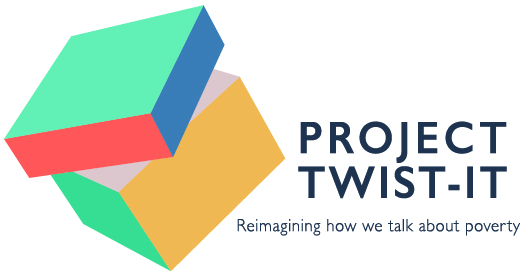Janet Owen Driggs
Janet Owen Driggs.
Janet Owen Driggs is a professor, writer, artist, and curator. Her artwork has been exhibited internationally, including in the United States, Europe, Scandinavia, and Brazil.
She has curated exhibitions and screening programs in the United Kingdom, United States, People's Republic of China and Mexico.
In addition to writing for KCET's Artbound, Janet is a co-author of "Preserving a Home for Veterans" (w. Lauren Bon, Richard Fox, Terence Lyons), Les Figues Press, Los Angeles, 2011; and "Something More Than Just Survival" (w. Jules Rochelle), Probiscis, London, 2011. Other texts have been published in Artillery, ArtUS, and Art Review.
Articles published by KCET: https://www.kcet.org/author/janet-owen-driggs
Cypress College Art Gallery: https://www.cypresscollegeart.com/ccgallery
Performing Public Space: http://performingpublicspace.org/projects
Janet says:
“I am a working-class girl from North London. When I was born in 1965, the family rejoiced that neither my mum nor I had died in the process. When she finally got to take me home, it was to a rented flat, a converted pigeon loft in Ponders End. Apparently, she and my dad could lift up the roof to check on the weather. It is a platitude to say there is nobility in poverty; a twist on Rousseauian narratives about the Noble Savage. Poverty is cold and damp.
About two years later, just before Christmas, my older sister was in bed recovering from pneumonia and pleurisy when burglars broke in. They stole all the lead piping and pushed Mum over in the flooding flat. (Is this Dickensian enough yet?) We got a council house after that.
Our new home was a red-brick Victorian in the middle-class part of Enfield Town, one of those compulsory purchases made after World War Two to make room for new building projects. We were only meant to be there until something opened up on one of the new estates. The house was immediately opposite a high-rise office building, but it never got knocked down, and we stayed for over twenty-years. Mum and Dad loved the house, and the local schools, but in all that time, they couldn’t make friends with the neighbors. Poverty may be cold and damp, but at least it’s companionable.
With the help of the U.K.’s National Health Service, public housing, public education, and my parents’ fierce-but-loving determination, I escaped the drudge-life that was preordained for me by the circumstances of my birth. Today, as an art history professor in a US community college, I live the kind of life my parents dreamed of, and I earn enough of an income that I don’t have to worry about paying the bills.
A Different 1%: https://www.cypresscollegeart.com/different1-1
Don’t get me wrong, I’m not looking for applause. I live in a place where wealth is largely understood as a reward for intelligence and hard work, and poverty is viewed as a product of stupidity, laziness, or the willful refusal to conform. So I’ve been the fortunate recipient of quite enough applause already, thank you.
The boot-strap narratives that give me credit for my successes and make poverty a matter of individual responsibility are the waters in which we swim. Their currents pull people into a public education system that, while it may still provide a ladder out of poverty for some, submerges many more in debt.
What is to be done? We are little fishes and we need, I think, to tell each other stories about the water in which we swim. We need to identify the narratives that underpin structural inequality, and consider how they keep us swirling, applauding, and, too often, drowning. And we need to tell each other about other possible futures; for, as Oscar Guardiola-Rivera puts it: ‘History in fact shows time and again that poverty begins to end the moment poor people organize themselves and act politically to better their situation.’”
“Art has a powerful role to play in pursuit of social justice.
What do we mean by social justice? For me, nothing encapsulates it so well as the idea “from each according to their ability and to each according to their need”.
To begin to imagine a society where that is the abiding rule of our relationships one to another and to the planet around us, takes a great deal of imagination and creativity.
It’s not just about imagining possible futures, if you can’t imagine a possible future that’s different from the present that we have, then we are not going to change anything.”
The Occupy Octopus. Photograph: LA Times.



![Image 4[1].jpg](https://images.squarespace-cdn.com/content/v1/5a8e6605d74cff1010c58689/1559215598572-NWIH1YRAUV4SFEF0F5KI/Image+4%5B1%5D.jpg)

